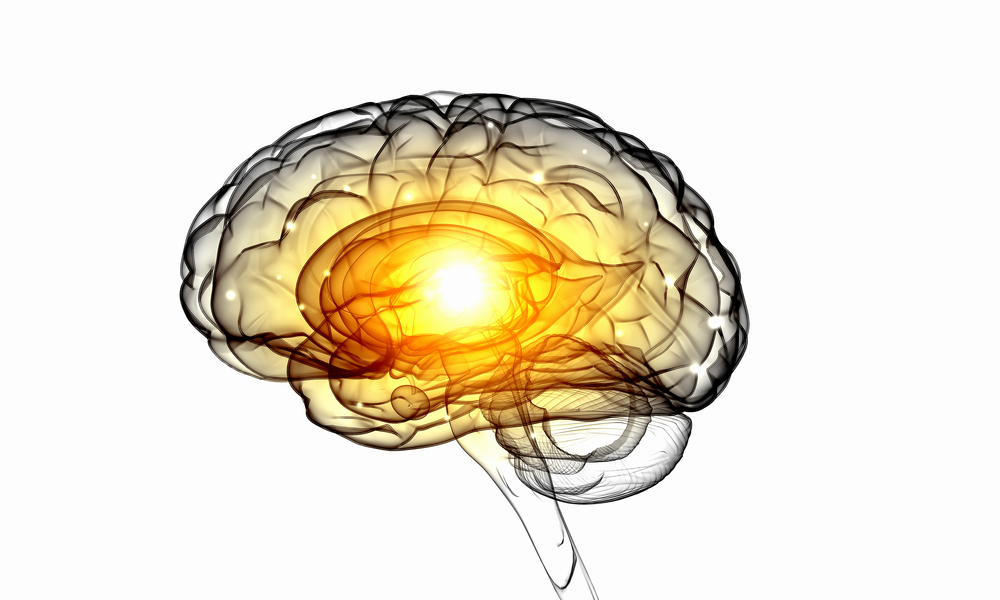Muscular Dystrophy Association, ALS ONE Form Partnership to Find New ALS Biomarkers

The Muscular Dystrophy Association (MDA) recently awarded the Massachusetts General Hospital (MGH) a $750,000 human clinical trial grant to study positron emission tomography (PET) imaging to measure inflammation in amyotrophic lateral sclerosis (ALS) patients as a potential biomarker.
This grant, which is part of a nonprofit partnership called ALS ONE, will allow researchers to better understand the onset and progression of brain inflammation in people with early ALS symptoms — as well as in people who carry the ALS gene but have no symptoms.
Led by Nazem Atassi, MD, a member of the ALS One Science Team, an MGH research team will study the value of PET imaging in healthy people who carry a known ALS gene and in symptomatic people with early-stage disease. Atassi is the associate director for the Neurological Clinical Research Institute at Massachusetts General Hospital and an associate professor of neurology at Harvard Medical School.
MGH researchers will study the potential of PET imaging to measure the amount of inflammation in the brain, which could serve as a new ALS biomarker. The goal is that the resulting biomarker can be used by researchers or pharmaceutical companies to develop new ALS therapies.
“This project is poised to change the paradigm of ALS drug development and have a direct impact on the design of future treatment trials for both familial and sporadic ALS,” Atassi said in a press release. “Real scientific advances in rare diseases rely heavily on the integration of the research community. Organizations such as MDA and ALS ONE are the strongest links between all key stakeholders including the patients, academic institutions, philanthropy and industry, and we are incredibly grateful for their support.”
The lack of biomarkers that can identify treatment effectiveness has been one of the most significant limitations in developing therapies for ALS. New PET imaging technology that can accurately pinpoint ALS biomarkers means more treatments could be tested faster, potentially reducing the duration of future trials from 12 to three months, as well as the required patient enrollment from 400 to 30.
This study will build on earlier data, which showed signs of significantly more inflammation in the motor regions of ALS patients. These studies suggested that ALS patients with increased inflammation tend to have more advanced disease progression with more impaired function.
“At MDA, we are hopeful that this project will build upon recent advances in biomarker development for ALS to not only accelerate drug development, but also provide meaningful insights into the course of inflammation in people with ALS,” said Amanda Haidet-Phillips, PhD, scientific program officer for MDA. “We are grateful to ALS ONE and Dr. Atassi for their continued commitment to expedite the path to find treatments for ALS.”
ALS ONE is a partnership between MGH, ALS Therapy Development Institute, University of Massachusetts Medical School, and Compassionate Care ALS.
It was created in 2016 to find new treatments for ALS by 2020 while developing new ways to improve care for those with the disease and their families. It was founded by Kevin Gosnell, who died in 2016 due to complications from ALS. This MDA grant is a way to pay tribute to Gosnell’s vision and drive, according to the organization.






